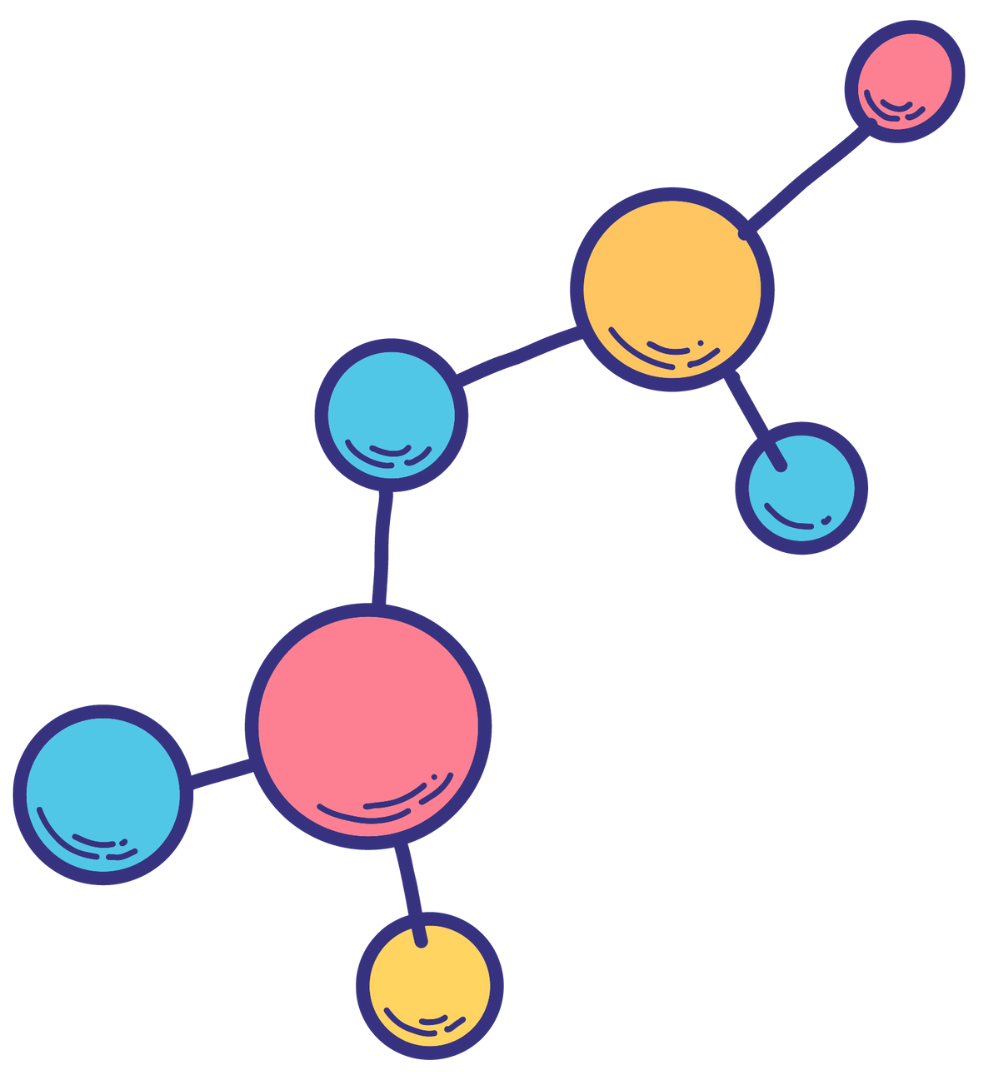Organizations other than the FDA that supply health information to the public

Ever notice how everyone’s suddenly a health expert these days? Your aunt’s Facebook posts about miracle cures, that random YouTuber selling supplements, and the endless stream of contradictory headlines about what will and won’t kill you.
With so much health misinformation floating around, knowing which sources to trust isn’t just helpful – it’s essential for your wellbeing.
While most people know about the FDA’s role in drug safety, there’s actually a whole ecosystem of reputable organizations providing health information that’s accurate, evidence-based, and not trying to sell you something dubious.
The government agencies that actually know what they’re talking about

When it comes to reliable health info, these federal agencies are the heavy hitters:
Centers for Disease Control and Prevention (CDC) is your go-to for anything related to diseases and public health. Whether it’s the latest on flu season or guidance during a global pandemic, the CDC provides data-driven information without the hysteria.
National Institutes of Health (NIH) is basically America’s medical research powerhouse. With 27 different institutes, they cover everything from cancer to aging. Their consumer-friendly portal MedlinePlus breaks down complex medical topics into language normal humans can understand.
Agency for Healthcare Research and Quality (AHRQ) focuses on making healthcare safer and better. They’re the ones working to reduce medical errors and improve patient experiences.
These government sources aren’t perfect, but they’re backed by scientific consensus rather than someone’s opinion or profit motive.
Non-profits with missions bigger than their bank accounts
Unlike commercial health websites making money from your clicks or supplement sales, these non-profits exist to improve public health:
American Heart Association (AHA) delivers solid information about heart health without trying to sell you anything. Their heart-healthy recipes actually taste decent too (a miracle in itself).
National Association of County and City Health Officials (NACCHO) connects you with local health departments that understand the specific health challenges in your community.
What makes these organizations trustworthy is their transparency about funding sources and their commitment to evidence-based information.
Academic institutions putting brainpower behind health info

Universities and research institutions bring serious intellectual firepower to health education:
National Library of Medicine (NLM) is the world’s largest biomedical library. When doctors need information, this is often where they turn. Their public resources translate that expertise into practical guidance for everyday health decisions.
American Health Information Management Association (AHIMA) focuses on managing health information properly – something particularly important in our digital age when health privacy is increasingly complicated.
These academic sources tend to be more cautious and less likely to promote flashy new “breakthroughs” without solid evidence.
The global perspective that broadens your understanding
Health challenges don’t stop at national borders, and neither should your information sources:
World Health Organization (WHO) provides a global perspective on health issues. They’re particularly valuable for understanding international health trends and emerging diseases.
What makes WHO unique is their global surveillance systems that can spot disease outbreaks early and their ability to coordinate international health responses.
Online portals that curate the best information
These digital gateways collect and organize reliable health information in one convenient place:
MedlinePlus pulls together trustworthy content from the NIH, not random internet opinions. Their drug information is particularly useful when you’re trying to understand medication options.
HealthFinder.gov offers practical tools for assessing your health risks and actionable steps for healthier living, all based on scientific evidence rather than fads.
These portals save you from having to visit multiple sites by aggregating quality information in user-friendly formats.
How to spot the garbage health info in your feed
Not all health information deserves your trust. Watch out for these red flags:
- Websites making miracle claims or promising secret cures
- Content that’s trying to sell you something while “educating” you
- Information with no clear author or medical credentials
- Sites that don’t cite sources or reference actual research
- Content that hasn’t been updated in years
The best sources will tell you both what is known AND what’s still uncertain about health topics, rather than presenting everything as definitive.
Your doctor still matters more than Dr. Google

All these organizations provide valuable information, but they can’t replace personalized medical advice. Your healthcare provider knows your specific health history, current medications, and individual risk factors.
Use these trusted sources to become an informed patient, not to diagnose yourself or make treatment decisions without professional guidance.
The bottom line: Quality health information exists (if you know where to look)
Despite the tsunami of health misinformation online, there are islands of reliability. Government agencies, established non-profits, academic institutions, and curated health portals provide evidence-based information you can actually trust.
Bookmark these sources, and next time your social media feed tries to convince you that celery juice cures everything, you’ll have better places to fact-check.
